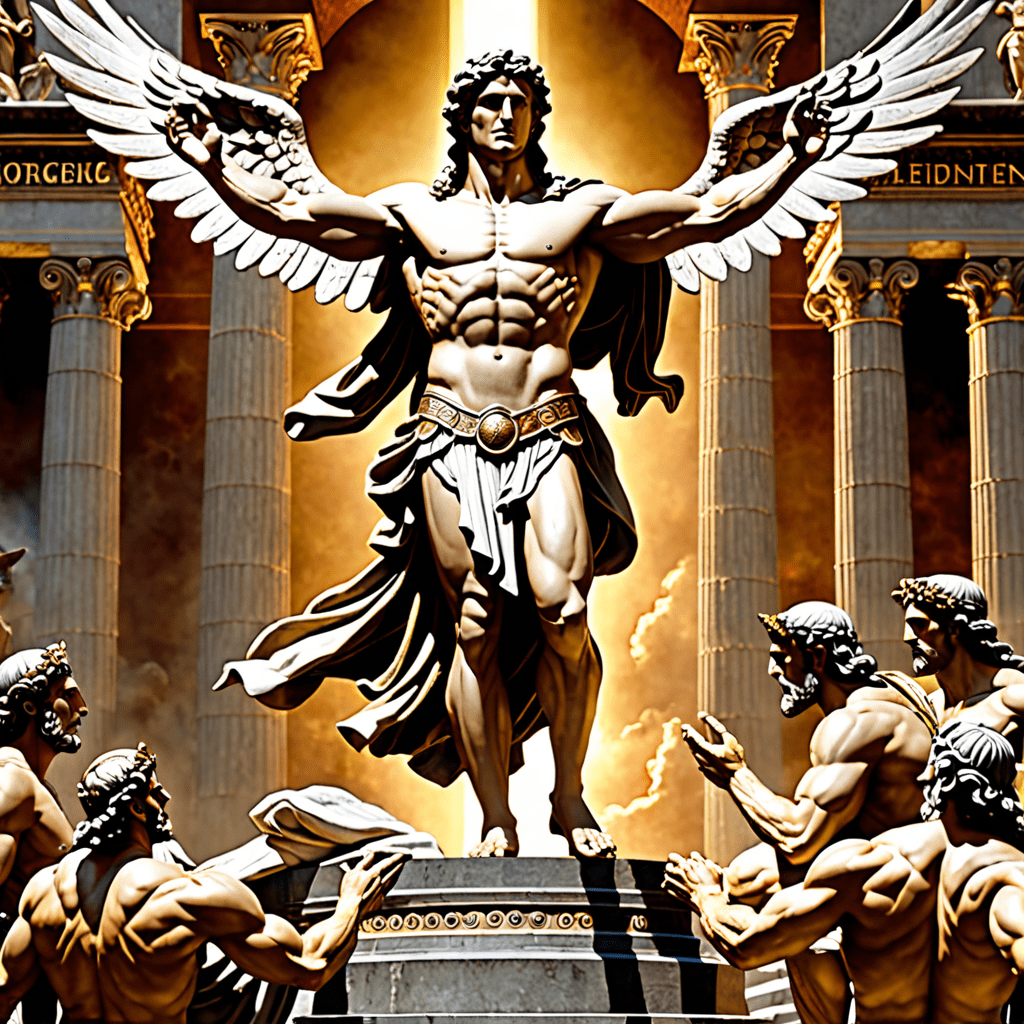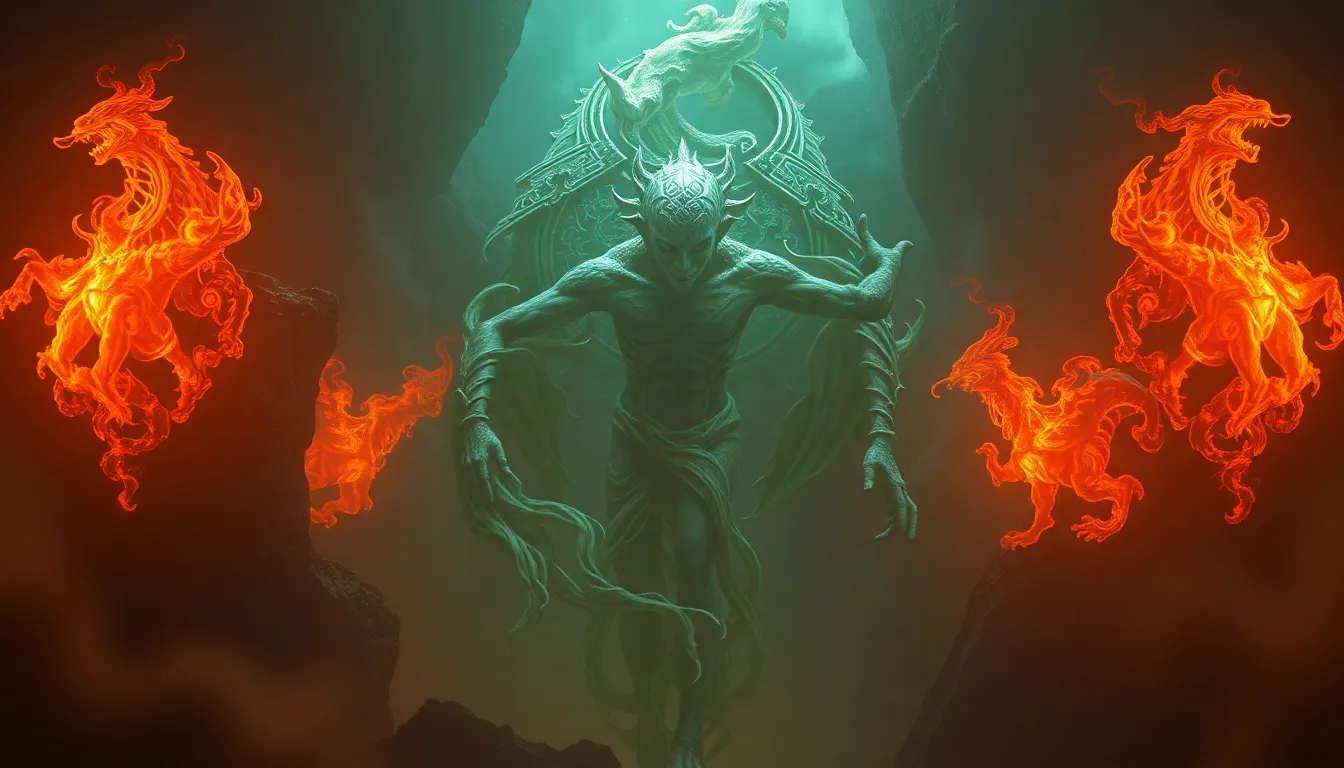Roman Mythology: Gods of Judgment and Mercy
Roman mythology is rich in divine entities embodying various aspects of human existence. Among the most prominent are the gods of judgment and mercy, who play crucial roles in shaping the lives and destinies of mortals.
Gods of Judgment
In Roman mythology, the concept of judgment is inherent in the governance of the gods. Three key figures are often associated with judgment:
Jupiter (Zeus in Greek Mythology)
Jupiter, the king of the gods, is not only a symbol of power and authority but also the ultimate judge. He ensures that justice is upheld among both gods and mortals, often wielding his thunderbolt to maintain order and balance.
Minerva (Athena in Greek Mythology)
Minerva, the goddess of wisdom and warfare, also plays a role in judgment. Her strategic thinking and keen intellect are central to assessing conflicts and delivering fair decisions that align with divine principles.
Gods of Mercy
While judgment is essential in Roman mythology, mercy too holds significant importance. These gods exhibit compassion and understanding towards mortals in their times of need:
Venus (Aphrodite in Greek Mythology)
Venus, the goddess of love and beauty, embodies mercy and forgiveness. She often intervenes in matters of the heart, offering solace and understanding to those who seek her help.
Mercury (Hermes in Greek Mythology)
Mercury, the messenger of the gods, bridges the realms of the divine and mortal with swiftness and agility. His role includes not only delivering messages but also showing mercy and aiding those in difficult situations.
Understanding the balance between judgment and mercy in Roman mythology provides insights into the complexities of human nature and the divine realms. The interplay of these aspects shapes narratives and lessons within these ancient myths, offering timeless guidance and reflection for contemporary audiences.
FAQ: Roman Mythology – Gods of Judgment and Mercy
Who were the main Roman gods of judgment and mercy?
In Roman mythology, Jupiter (Zeus in Greek mythology) was the chief god of judgment, while Justitia (equivalent to Greek Themis) represented justice and order. For mercy, the Romans looked to the goddess Clementia, who embodied compassion and forgiveness.
What role did these gods play in Roman society?
The gods of judgment and mercy were essential in maintaining order and harmony in Roman society. Jupiter’s judgments ensured moral conduct and justice, while Justitia’s presence symbolized the fair and impartial legal system. Clementia’s mercy served as a reminder of the importance of forgiveness and compassion.
How were these gods worshipped in ancient Rome?
Romans honored Jupiter, Justitia, and Clementia through various rituals, prayers, and sacrifices. Temples and altars were dedicated to these gods, where people would offer gifts and seek their guidance in matters of justice and mercy. Festivals and ceremonies were held to honor and appease these deities.



